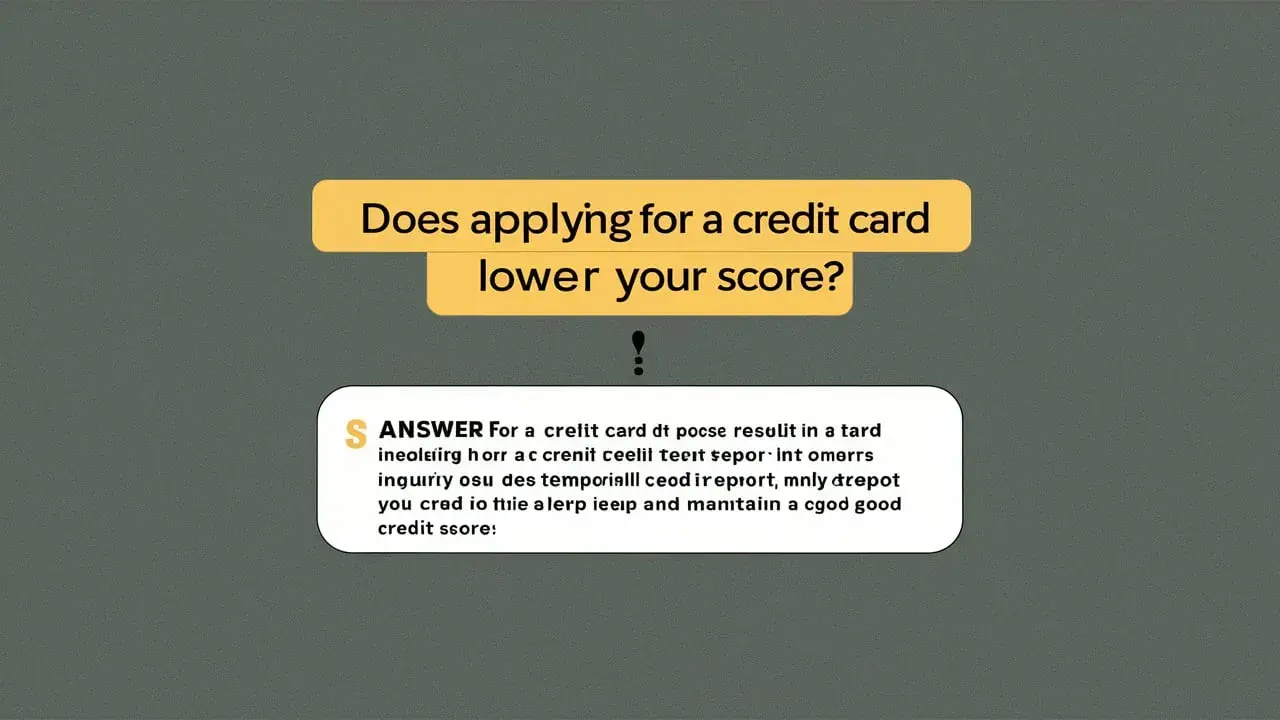Credit card debt can feel like a heavy burden, weighing you down and hindering your financial progress. It's a common problem, but it's not insurmountable. With the right strategies and a commitment to change, you can break free from the cycle of debt and regain control of your finances. This comprehensive guide provides actionable tips and proven techniques to help you eliminate credit card debt and build a brighter financial future.
Understanding the Problem: Credit Card Debt Demystified
Before diving into solutions, it's crucial to understand how credit card debt accumulates and why it's so difficult to escape.
- High Interest Rates: Credit cards often have exorbitant interest rates, meaning a significant portion of your payments goes towards interest rather than paying down the principal.
- Minimum Payments: Making only the minimum payment can prolong your debt repayment significantly, costing you far more in interest over time.
- Easy Spending: The convenience of credit cards can lead to impulsive purchases and overspending, making it easy to rack up debt.
- Balance Transfers: While sometimes helpful, continually transferring balances without addressing spending habits can create a cycle of debt.
- Hidden Fees: Late payment fees, over-limit fees, and annual fees can add to the overall cost of credit card debt.
Step 1: Assess Your Situation – Know Your Numbers
The first step toward conquering credit card debt is to gain a clear picture of your financial landscape. This involves gathering information about your debts, income, and expenses.
Gather Your Information:
- List All Credit Cards: Create a list of all your credit cards, including the card issuer, account number, outstanding balance, and interest rate (APR).
- Calculate Total Debt: Add up the outstanding balances of all your credit cards to determine your total credit card debt.
- Review Your Credit Report: Obtain a copy of your credit report from Experian, Equifax, or TransUnion. This will provide a comprehensive overview of your credit history and outstanding debts. You can get a free report annually from AnnualCreditReport.com.
- Track Your Spending: For a month (or even better, a few months), meticulously track all your income and expenses. Use a budgeting app, spreadsheet, or notebook to record every dollar you earn and spend.
Step 2: Create a Realistic Budget – Where is Your Money Going?
A budget is a financial roadmap that outlines your income, expenses, and savings goals. It's an essential tool for managing your money and prioritizing debt repayment.
Building Your Budget:
- Calculate Your Income: Determine your net income (take-home pay) after taxes and deductions.
- List Your Expenses: Categorize your expenses into fixed expenses (rent/mortgage, utilities, insurance, loan payments) and variable expenses (groceries, transportation, entertainment, dining out).
- Identify Areas to Cut Back: Analyze your variable expenses and identify areas where you can reduce spending. Consider cutting back on dining out, entertainment, subscriptions, and other non-essential items.
- Allocate Funds for Debt Repayment: Once you've identified areas to cut back, allocate those savings towards credit card debt repayment.
- Regularly Review and Adjust: Your budget is not set in stone. Review it regularly and make adjustments as needed based on your income, expenses, and financial goals.
Step 3: Choose a Debt Repayment Strategy – Snowball vs. Avalanche
There are several debt repayment strategies you can use to tackle credit card debt. Two popular methods are the debt snowball and the debt avalanche.
Debt Snowball Method:
The debt snowball method involves paying off your debts in order of smallest to largest balance, regardless of the interest rate. This method provides quick wins and motivates you to keep going.
- List your debts from smallest to largest balance.
- Make minimum payments on all debts except the smallest one.
- Put as much extra money as possible towards the smallest debt until it's paid off.
- Once the smallest debt is paid off, roll that payment amount into the next smallest debt, and so on.
Debt Avalanche Method:
The debt avalanche method involves paying off your debts in order of highest to lowest interest rate, regardless of the balance. This method saves you the most money on interest in the long run.
- List your debts from highest to lowest interest rate.
- Make minimum payments on all debts except the one with the highest interest rate.
- Put as much extra money as possible towards the debt with the highest interest rate until it's paid off.
- Once the highest interest debt is paid off, roll that payment amount into the next highest interest debt, and so on.
Which Method is Right for You?
The best debt repayment method for you depends on your personality and financial situation. If you need quick wins to stay motivated, the debt snowball method might be a good choice. If you're focused on saving money and are disciplined, the debt avalanche method might be more effective.
Step 4: Explore Debt Consolidation Options – Streamline Your Payments
Debt consolidation involves combining multiple debts into a single loan or credit card with a lower interest rate. This can simplify your payments and save you money on interest.
Balance Transfer Credit Cards:
Balance transfer credit cards allow you to transfer your existing credit card balances to a new card with a lower introductory interest rate, often 0% for a limited time. This can be a great way to save money on interest and pay down your debt faster. However, be aware of balance transfer fees and the interest rate that will apply after the introductory period.
Personal Loans:
Personal loans are unsecured loans that can be used for various purposes, including debt consolidation. They typically have fixed interest rates and repayment terms, making them a predictable and manageable way to consolidate debt.
Home Equity Loans or HELOCs:
If you own a home, you may be able to use a home equity loan or a home equity line of credit (HELOC) to consolidate your debt. These loans are secured by your home, so they typically have lower interest rates than unsecured loans. However, be aware that you risk losing your home if you can't repay the loan.
Credit Counseling:
Nonprofit credit counseling agencies can provide guidance and support in managing your debt. They may be able to negotiate with your creditors to lower your interest rates or create a debt management plan.
Step 5: Increase Your Income – More Money for Debt Repayment
Increasing your income can provide you with more funds to accelerate your debt repayment efforts.
Explore Side Hustles:
Consider taking on a side hustle to earn extra income. This could involve freelancing, driving for a ride-sharing service, delivering food, or selling handmade crafts online.
Negotiate a Raise:
If you're performing well at your current job, consider negotiating a raise. Research industry standards for your role and experience level to determine a fair salary range.
Sell Unwanted Items:
Declutter your home and sell unwanted items online or at a consignment store. This can provide you with a quick influx of cash to put towards your debt.
Step 6: Avoid Adding to Your Debt – Break the Cycle
It's crucial to avoid adding to your credit card debt while you're working to pay it off.
Stop Using Credit Cards:
Consider putting your credit cards away in a drawer or freezing them in a block of ice to resist the temptation to use them. Switch to using cash or debit cards for your purchases.
Create an Emergency Fund:
An emergency fund can help you avoid relying on credit cards when unexpected expenses arise. Aim to save at least 3-6 months' worth of living expenses in a readily accessible account.
Be Mindful of Your Spending Triggers:
Identify the situations or emotions that trigger your overspending and develop strategies to avoid or manage them. This could involve avoiding shopping malls, unfollowing tempting social media accounts, or practicing mindfulness techniques.
Step 7: Monitor Your Progress and Stay Motivated – Celebrate Small Wins
Tracking your progress and celebrating small wins can help you stay motivated and on track to achieve your debt repayment goals.
Track Your Progress:
Use a spreadsheet, budgeting app, or debt tracking tool to monitor your debt balances and progress towards your goals. Seeing your debt decrease over time can be a powerful motivator.
Celebrate Small Wins:
Reward yourself for reaching milestones, such as paying off a credit card or reaching a certain debt reduction goal. Choose small, inexpensive rewards that won't derail your budget.
Seek Support:
Share your debt repayment goals with a trusted friend or family member and ask for their support. Consider joining a debt repayment support group or online forum to connect with others who are on a similar journey.
Additional Tips for Success:
- Automate Your Payments: Set up automatic payments for your credit cards and loans to avoid late fees and ensure timely payments.
- Negotiate with Creditors: Contact your credit card issuers and ask if they're willing to lower your interest rates or waive fees.
- Review Your Credit Report Regularly: Check your credit report regularly for errors and report any inaccuracies to the credit bureaus.
- Stay Positive: Debt repayment can be a challenging process, but it's important to stay positive and focus on your long-term goals.
- Learn from Your Mistakes: Analyze your past spending habits and identify the factors that contributed to your debt. Use this knowledge to make better financial decisions in the future.











